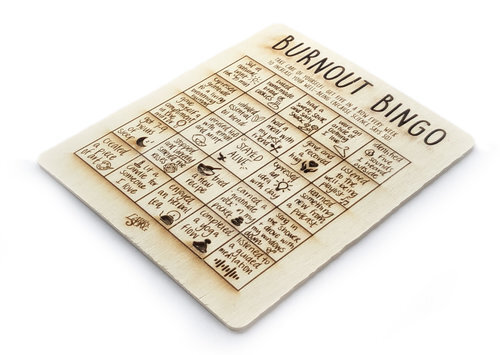
THE BLOG
Updates from the Executive Director and team
Expanding Wonder in 7 Days

24 Questions for 2024

23 Questions for 2023
As we all move in to 2022 with as much grace, wisdom and courage as we can muster, we’d like to offer you this tool as a thank you for supporting us in this year.
Embodied Emotion

Burnout Bingo
Reparenting Ourselves: Attachment Theory, Endogenous Opioids, and Compassion

21 Questions for 2021

50% Off - LSCC Training Program
Taking New Clients
Entering a New Season
Lark's Song Board of Directors Accountability Statement
Lead to Serve - Feb 2020 - LSCC CoLab
20 Questions for 2020

Megan Gilmore, Founder & Executive Director of Lark's Song

Jami Taylor, LSCC

Katara McCarty, LSCC

